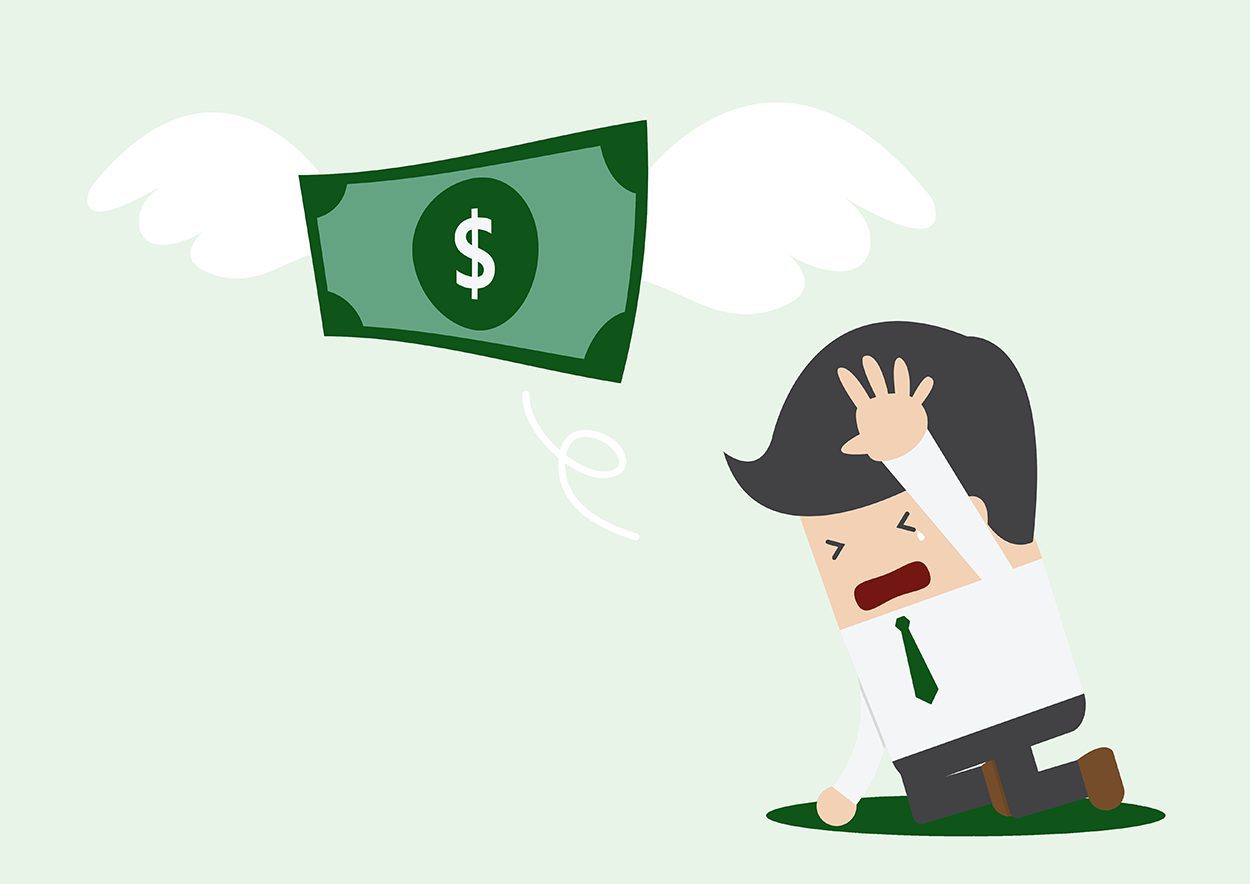 The world’s unemployment rate spiked in 2020 due to the novel coronavirus pandemic and the unprecedented social distancing measures that government officials have enacted to try to slow its spread.
The world’s unemployment rate spiked in 2020 due to the novel coronavirus pandemic and the unprecedented social distancing measures that government officials have enacted to try to slow its spread.
Through no fault of their own, millions of Africans have suddenly found themselves out of work, and the unemployment rate continues to grow as of December. This is especially affecting people who interact with customers face-to-face: bartenders, waiters, retail sales personnel, hotel staff, and many, many others. The implications are massive – for individuals, companies, and our entire society.
Managing debt while you’re unemployed adds a layer of stress to difficult circumstances. But skipping payments will lead to more trouble in the future, including a shattered credit score if you reside in a developed country.
Ask your credit card companies for help during these uncertainties, which could come in the form of lowered interest rates, reduced monthly payments, or a temporary break from payments. All of these options can help you continue to pay down credit card debt even on a strict budget.
 You also can get help negotiating with creditors from a nonprofit credit counseling agency. But take caution when looking into certain debt-relief options, including debt settlement. Here are five (5) tips you need to know about handling the credit card debt loophole if you’re unemployed.
You also can get help negotiating with creditors from a nonprofit credit counseling agency. But take caution when looking into certain debt-relief options, including debt settlement. Here are five (5) tips you need to know about handling the credit card debt loophole if you’re unemployed.
- File for unemployment benefits as soon as possible.
- Contact your credit card issuers and other lenders if you’re having trouble keeping up with your bills. Many card issuers are offering relief in the form of fee waivers and deferred payments. Ideally, you’ll be able to do so without incurring additional interest, so ask about that.
- Protect your credit score, too. Lender-approved modifications such as skipping a payment should not hurt your credit, nor should more formal forbearance and disaster notations on your credit file.
- Avoid Adding to Your Debt. It may be tempting to use credit cards to pay for essentials when you’re not earning income. But dealing with an unexpected period of unemployment is an example of why it’s so important to maintain an emergency fund.
- Create a Monthly Budget. While unemployed, make a budget that you’ll stick to. This can help you spend as little as possible while ensuring you meet your monthly obligations.
























































Discussion about this post